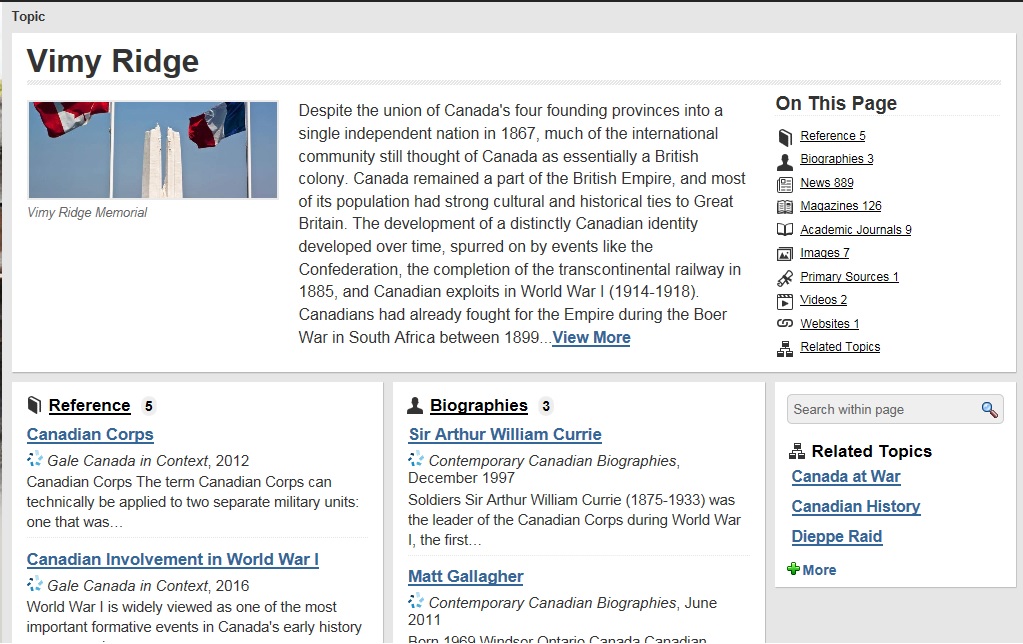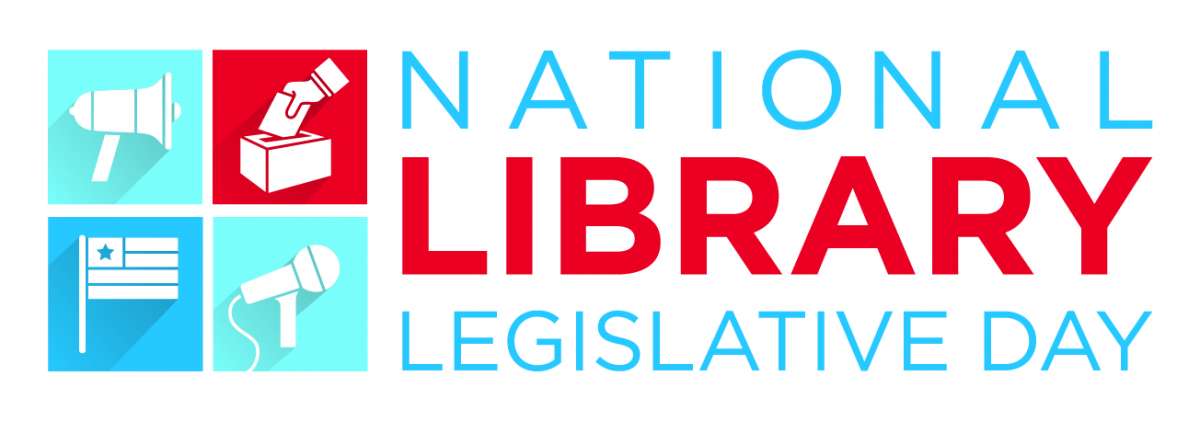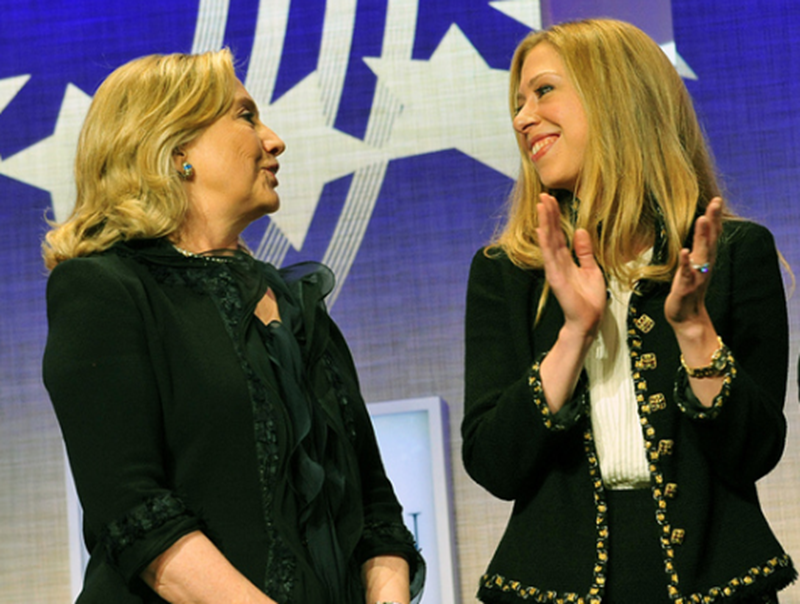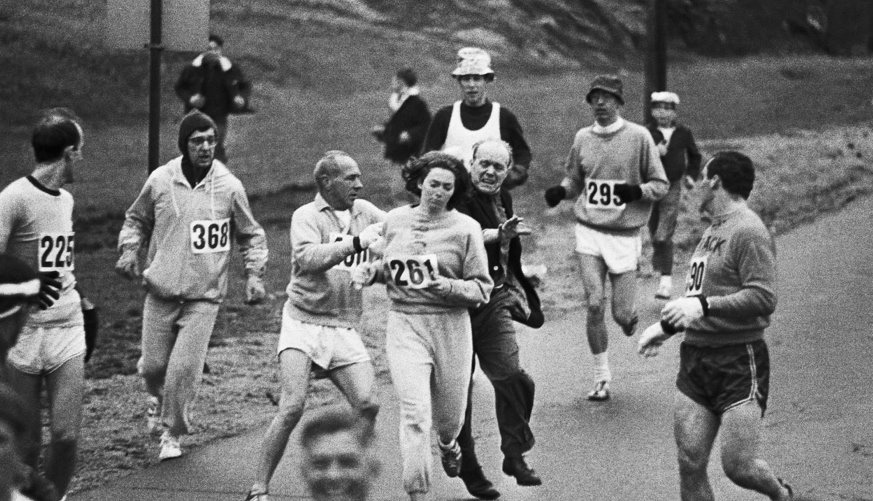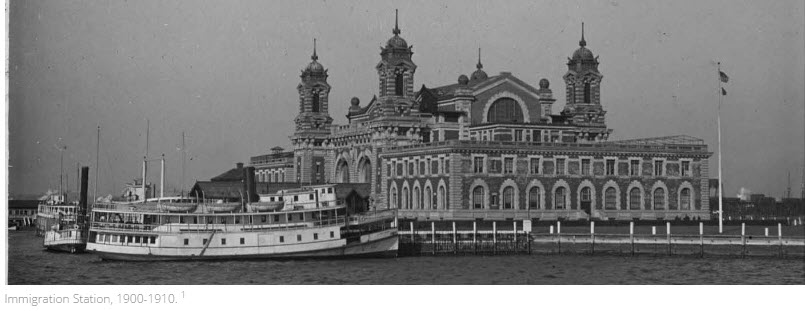| By Nicole Albrecht |
A squeaky lunchroom cart is being pushed down the hallway. It is filled with candy snacks and cards, as well as big bowl of chocolate covered strawberries. The principal’s secretary is pushing the cart from classroom to classroom, during instructional time, offering up treats in celebration of National Teacher Appreciation Week. I stare down the hallway watching the cart come my way, thankful I am on my planning period, and though I am grateful for a sweet treat, I am more relieved that this isn’t during my regular scheduled classes. A quick thank you to the secretary and with a chocolate covered strawberry in my hand, I close my classroom door and smirk thinking, “would have been nicer if the principal actually passed these out” and then I thought about what I actually would have wanted from my administration during this “appreciation week.” Chocolate strawberries and candies were not the answer.
During the early month of May, National Teacher Appreciation is the star holiday in front of Memorial Day. For some teachers, it is a week of free lunches, early releases, assemblies, announcements, and student hand-made thank you cards. There are also some teachers who do not have the luxury of such appreciative gifts from their students and administrators—receiving nothing at all. As a former teacher, I have experienced both forms of appreciation from administration and have felt the same about it all: for me, Teacher Appreciation Week was something that should be happening all year, not in the form of chocolate covered strawberries and thank you cards.
So what does a teacher really need from their administration to feel appreciated? Looking back on the last eight years of my teaching career, considering my own needs and the discussions I’ve had with colleagues, I have outlined a few common themes that may help administrators show their teachers they are appreciated year-round:
Read moreGVRL PD Titles for Administrators to Support Teacher Appreciation Year-round




